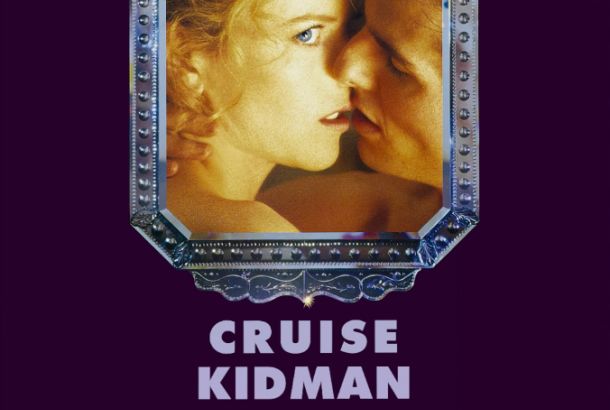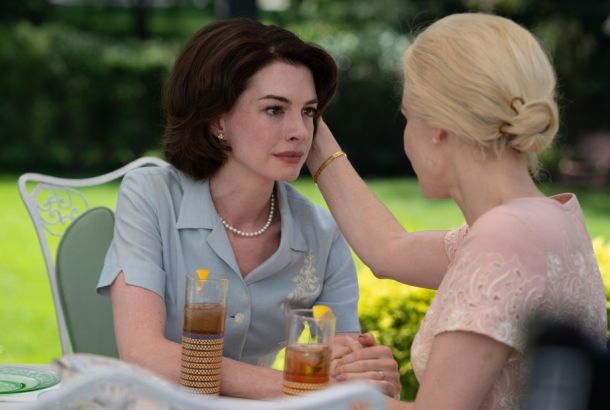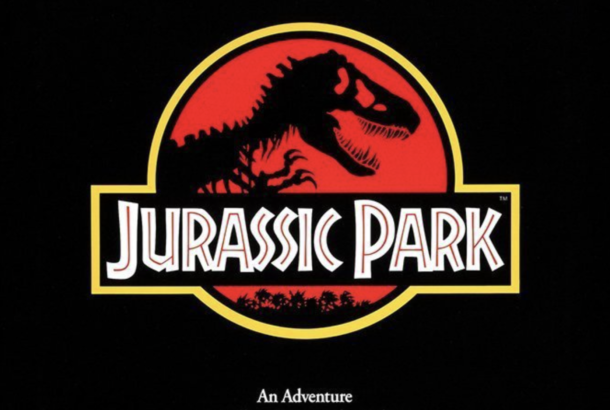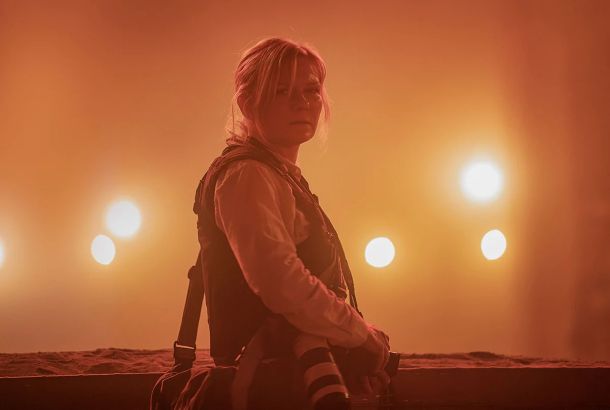My formative film: Sprinkles of Stardust can be seen everywhere
By evanmeikle
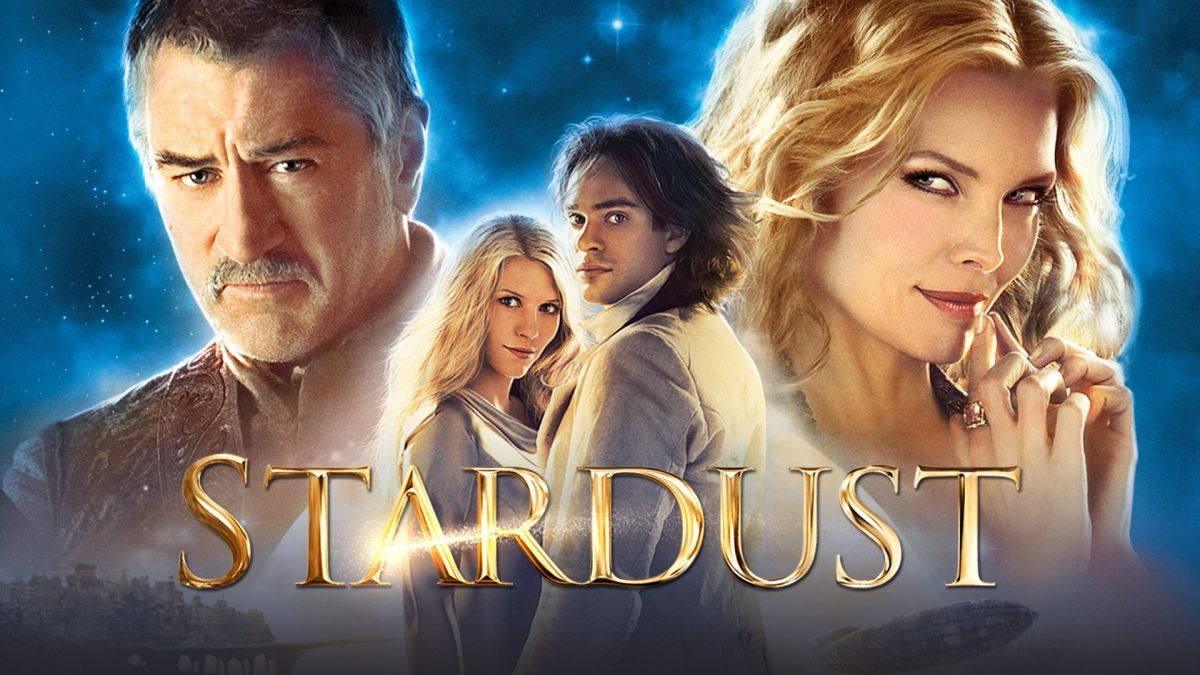
The stories of Neil Gaiman have, and almost certainly will, be the formative stories in the minds of generation after generation. The hilarious, fantastical, and colourful worlds, characters and myths created in his brilliant fantasy novels are, in my opinion, also some of the best to be adapted to screen, and Matthew Vaughn’s Stardust is the cream of the crop.
It’s also potentially my most-watched film if only lagging slightly behind Pixar’s Cars. I will unabashedly admit that during my re-watch for this article, I even began reciting the lines of Ian Mckellan’s opening narration which had previously been locked away somewhere in the back of my mind. Safe to say, this film has, by pure exposure, been permanently imprinted into my subconscious.
Stardust’s premise is classically simple. A boy is born in the English town of Wall, a product of forbidden love between cultures. He finds safety in his conventional childhood until an ancestral yearning for adventure compels him to look beyond the parochial village existence. This boy, Tristan (Charlie Cox), subsequently departs his home in search of a fallen star and to win the heart of his sweetheart. In the process, he seeks to prove his mettle and fulfil the aspirations that have frustrated his, thus far, unremarkable life.
Inevitably, however, all good stories must have a twist. In Stardust, this turn of events sees the focus of Tristan’s romantic attention shift towards Yvaine (Claire Danes) as she is the female incarnation of the very star he is seeking. Together they evade the various weird and wonderful forces that try to stop them. A brilliantly simple concept.
That’s not to say that every choice has aged remarkably well. Mark Strong (who plays Septimus) sports a fabulously terrible matted black wig and Tristan and Yvaine’s cloud-top wanderings have special effects unfortunately reminiscent of The Last Airbender. Thankfully that is where the comparisons end.
In fairness, to expect perfect artistic choices from a film made by the same director of the less-than-subtle Kingsman series and the recently released, and resoundingly disappointing, Argylle, in the world of late 2000s fantasy, is quite a substantial ask.
Regardless, these issues are hardly detrimental, and in fact, the vast majority of the content and visuals of Stardust have astoundingly stood the test of time. The absurd injuries of the ghostly princes are still amusing seventeen years later, and I can comfortably imagine Michelle Pfeiffer’s (who plays Lamia) hagged makeup still intimidating a whole new generation of children in 2024.
The performance that best highlights Stardust’s progressive resistance to the artistic pit that was the late 2000s, and the one that engrossed me most as a kid is Robert De Niro as the permanently iconic swashbuckling, cross-dressing, lightening-catching, Captain Shakespeare.
Whilst hardly one of his best-known roles, De Niro’s relatively short role in this film has somehow, above his countless legendary performances, defined my mental picture of him as an actor. Again, perhaps this is down simply to repeat exposure. Nevertheless, I think this is also a uniquely incongruous performance from De Niro, even in the catalogue of the more outlandish roles he took throughout the noughties (the three-year run of Shark Tale, Meet the Fockers and Arthur will forever be iconic).
Unlike those films, in Stardust De Niro plays a character that has in the years since maintained much greater affection, and whose popularity has likely surpassed even the movie itself. Then again, who can exactly be surprised? The picture of Pirate Captain Robert De Niro dancing around his walk-in wardrobe in a pink frilly dress to Ilan Eshkeri’s genius-ly named ‘Pirate Fight’ is hardly forgettable.
The world we discover beyond this notable aside is about as Gaiman as it gets. Between squabbling ghostly princes, heart-eating witches and a star with the visage of a young Danes, Gaiman’s land of Stormhold befits each and every want and wish of a legendary fantasy kingdom.
Whilst certainly spectacular, Stardust’s world-building is not the reason I consider it such an influential film for both my childhood but also presently my love of cinema. Rather it’s because of the impression made by its brilliantly charming, and shockingly young Cox, now best known for Daredevil, as a humble, yet dashing hero. There are abundantly evident parallels between his character and icons of myth and legend, most clearly so of King Arthur, and, like Arthur, it is through his journey from obscurity to achieving great feats of heroism and success that attracted me so permanently.
As a boy growing up in South Wales, a place and culture equally formed by ancient yet ever-present mythology, and the monotony of a working-class town during austerity, the prospect of fantasy and adventure being just beyond my grasp was in equal parts tantalising and enticing. I don’t believe that it is far-fetched to claim that for me, Stardust was a genuine outlet, where the distinct possibility of druids, dragons, and mythology was not such a distant prospect in Welsh culture, Stardust perhaps crossed the already thin border of reality.
Stardust is evidence, if evidence were needed, that movies matter. Especially adventure movies. As fuel for both the imagination and soul, and a fuel, which judging by my continued affection seventeen years later, can stay with you for the rest of your life.
Read our last formative film piece here: My formative film: A love letter to Notting Hill.
